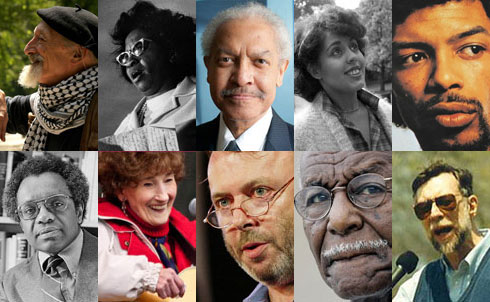
We launched Lived History, a special section of TheNation.com, to honor, remember and pay tribute to the dearly departed who have made significant contributions to bettering our world. Each week we feature a remembrance of a member of the progressive community, either well known or more anonymous, whose remarkable accomplishments demand recognition. In the process, we hope to be able to highlight and recover some of the more important but often obscure periods of US history that demonstrate the progressive tradition in American life. Here are twenty of the notable individuals we lost in 2011.
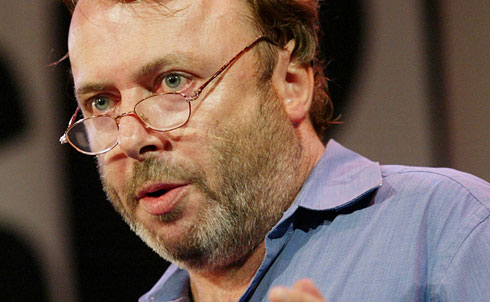
With a dry, sharp, ironic voice—Christopher Hitchens graced The Nation’s pages from 1978 to 2006.
Credit: Reuters Pictures
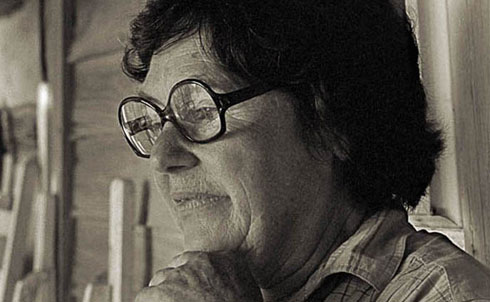
Dagmar Wilson was one of those responsible for what Alice Munro calls the “great switch in women’s lives.”
Photo credit: Bud Schultz
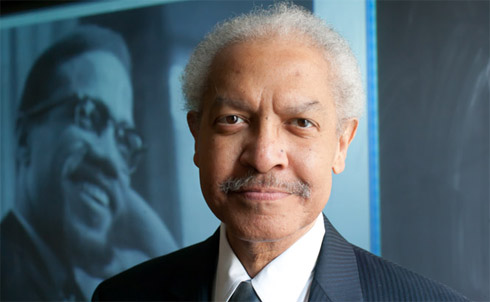
Manning Marable was that gentle giant of a person who had a tremendous impact on thousands of people, both as individuals as well as on countless groups and organizations.
Credit: © Philippe Cheng
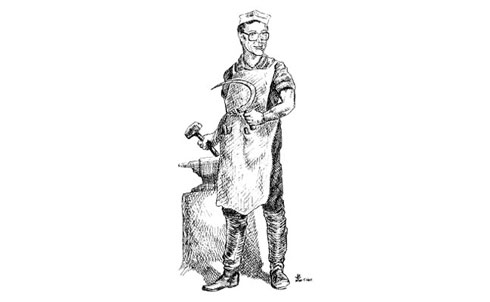
David Montgomery, one of the founders of the “New Labor History” in the US, inspired a generation of activists and historians.
Credit: Josh Brown
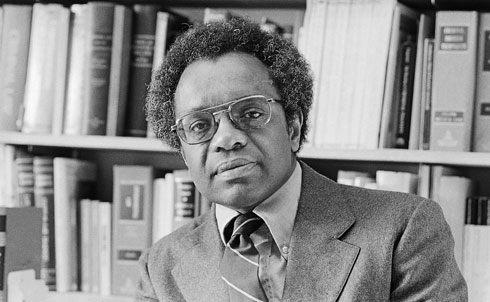
Selfless, wise and welcoming, Bell was a mentor to legions of law school students without privilege, ultimately changing the way law schools work.
Credit: AP Images
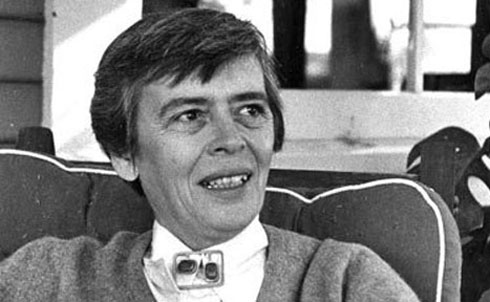
The robust Nation of today is the child of many parents, but the largest and oldest political weekly in the country owes a great debt to Betty Williams for her indispensable role during those rebuilding years.
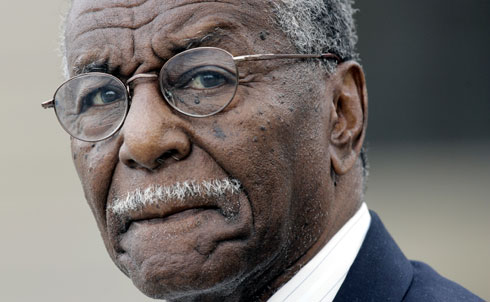
The Rev. Fred Shuttlesworth was a giant of the civil rights movement known for his decades of work in support of desegregation.
Credit: AP Images
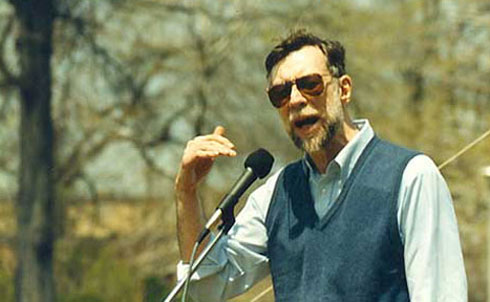
Mike Davis described himself as not capable of accurately describing the kindness, intensity and melancholy that were alloyed in Carl‘s character, or the profound role he played in deepening Davis’s commitment to the anti-war movement.
Image courtesy of Jennifer Fels
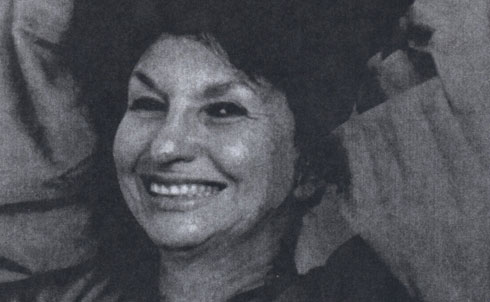
E.M. Broner was a seminal writer, influential feminist and modern-day matriarch.
Image courtesy of Tulane University.
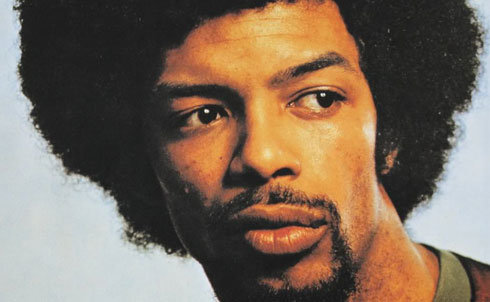
Gil Scott-Heron‘s political legacy was vast and his connections to social movements deep.
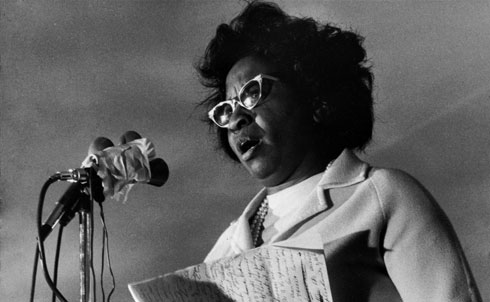
Clara Luper’s courage at a young age helped change the course of race relations in Oklahoma City.
Credit: AP Images
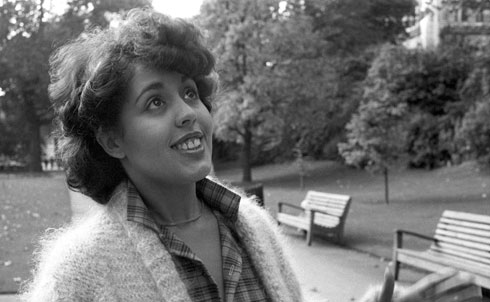
The lead singer of the punk band X-Ray Spex never stopped using her music to fight against poverty, war, racism and sexism.
Credit: AP Images
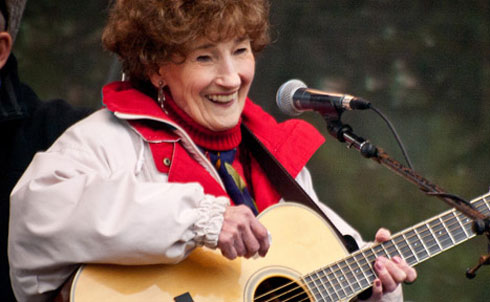
Hazel Dickens‘s high lonesome sound that touched so many, so deeply, could only have been born of both strife and fight-back in equal proportions.
Credit: Eric Frommer
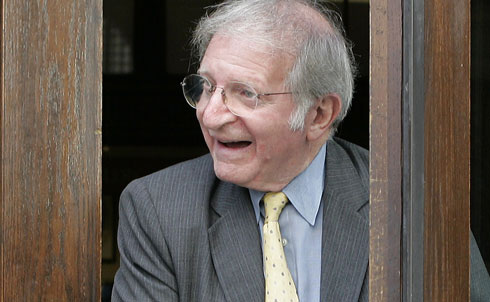
Len Weinglass was a 1950s radical who developed his values, critical thinking and worldview in a time when non-conforming was rare.
Credit: AP Images
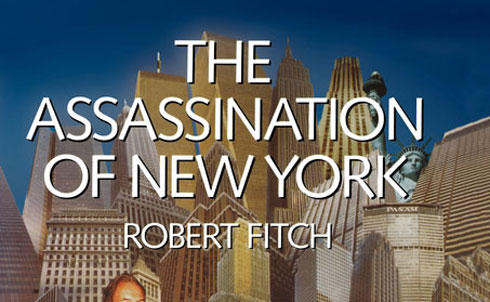
Robert Fitch was a brilliant and prolific radical journalist and troublemaker.
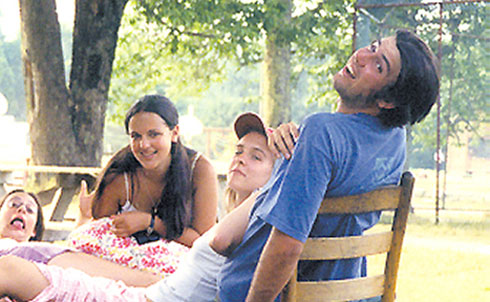
The aide who died by Gabby Giffords’s side was a non-Jew named Gabe Zimmerman who lived a crucial segment of his life immersed in a storied corner of the American Jewish milieu.
Image courtesy of Maia Falconi-Sachs
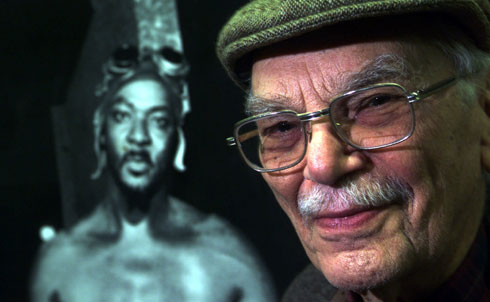
Class was not merely Milton Rogovin‘s subject, it was the optic through which he saw the world, something that distinguished his work from what the culture had expected of social documentary photography since the 1930s.
Credit: AP Images
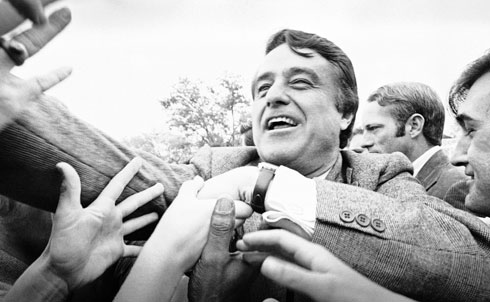
“The only genuine elite is the elite of those men and women who gave their lives to justice and charity," declared the Kennedy man who forged the Peace Corps and the War on Poverty.
Credit: AP Images
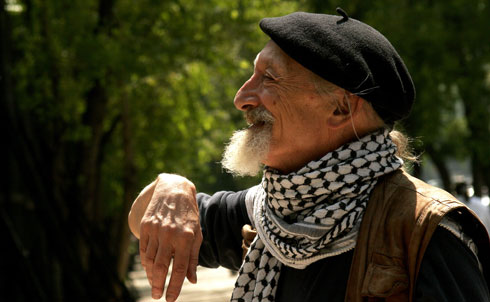
American Book Award–winner, chronicler of indigenous struggles and proud radical, John Ross wrote his own epitaph: "Life, like reporting, is a kind of death sentence. Pardon me for having lived it so fully."
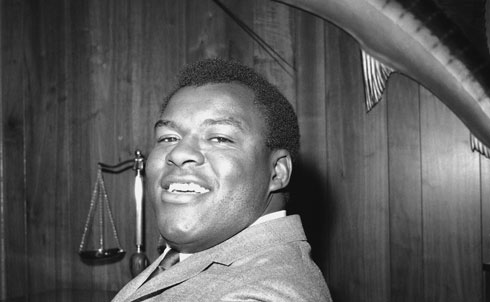
Cookie Gilchrist was one of the greatest football players and most outspoken athletes of his generation.
For more tributes to those we lost this year, visit Lived History.
Credit: AP Images


